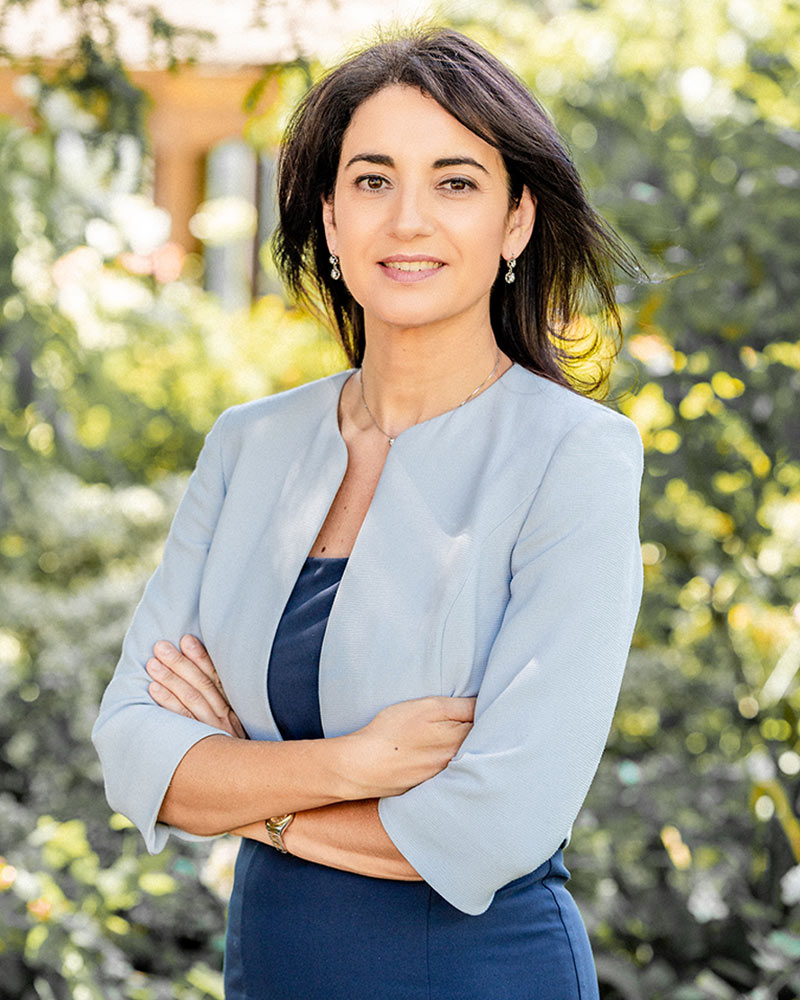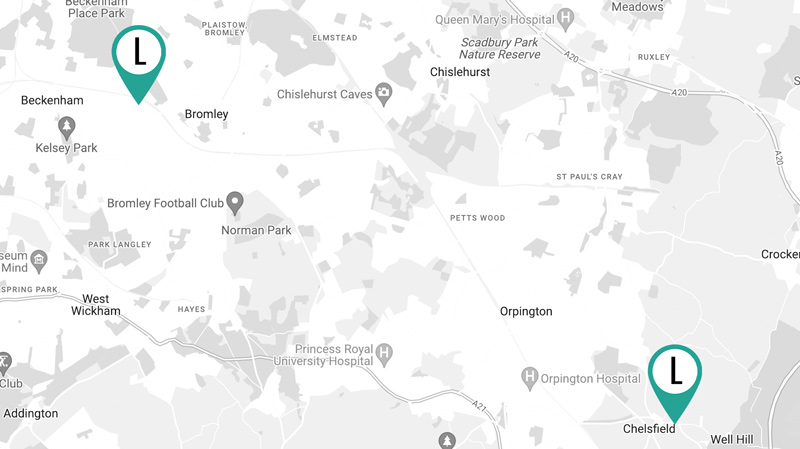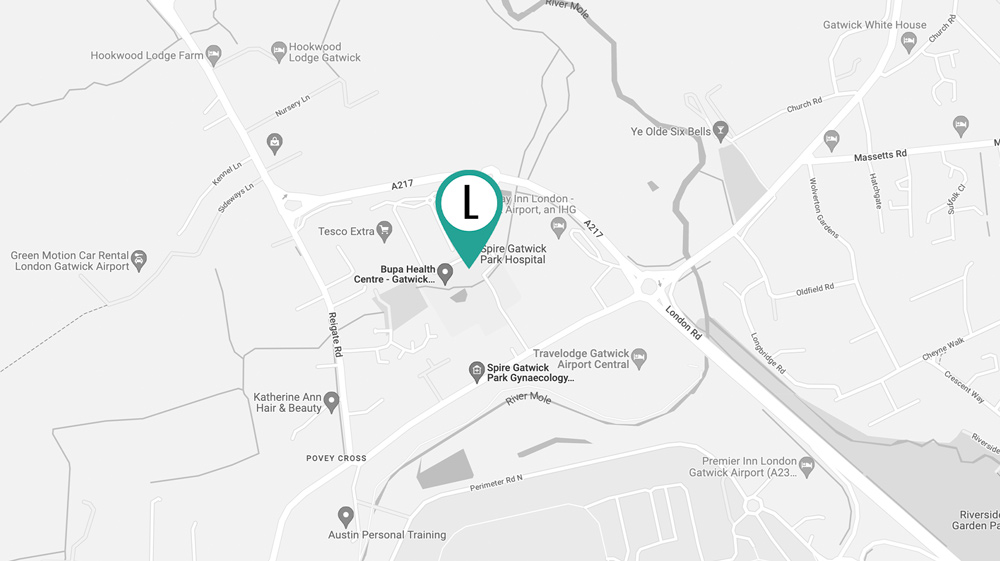
Recognising the first signs of cataracts: What to watch out for
Cataracts are a common eye condition, especially as we age. They can gradually change the way we see the world. Knowing the first signs of cataracts can help you take timely action to maintain your vision and quality of life. Here’s what you need to watch out for.
Blurry Vision
One of the earliest signs of a cataract is a slight blurring of vision, like looking through a foggy or cloudy lens. It’s often mistaken for a minor issue, but if you notice persistent blurriness, it’s worth checking out.
Changes in Colour Perception
Cataracts can dull your colour perception, making things look less vibrant. Colours might appear faded or yellowish, which is a sign that the lens in your eye is clouding.
Difficulty with Night Vision
If you find it harder to see in low light or at night, or if headlights and street lights seem too bright or have halos, it could be a sign of cataracts. This change can make night driving more challenging.
Frequent Prescription Changes
A sudden or frequent change in your glasses or contact lens prescription can be a clue. If you’re updating your prescription more often, it’s a good idea to get checked for cataracts.
Glare and Light Sensitivity
Increased sensitivity to light and glare, especially in bright sunlight or while driving at night, can indicate the early stages of cataracts. You might notice glare around lights or a halo effect.
Presbyopia and Cataract Development
Presbyopia, the gradual loss of your eyes’ ability to focus on nearby objects, is a common age-related change. It often begins in your mid-40s and can continue to progress. While presbyopia itself doesn’t directly cause cataracts, the age-related processes that lead to presbyopia can also increase your risk of developing cataracts. As your eye’s lens ages along with the rest of your body, it becomes less flexible, transparent, and thicker, all factors that contribute to cataract formation.
Early Detection is Key
The sooner cataracts are detected, the easier they are to manage. If you notice any of these signs, don’t wait. Early intervention can help preserve your vision and keep you seeing clearly.
Book a Free Phone Assessment
Concerned about cataracts? Don’t hesitate to reach out. Book a free phone assessment with us today. We’re here to help guide you through your vision health journey and answer any questions you may have. Remember, taking care of your eyes is an essential part of your overall health and well-being.
Take the first step
Our life-changing treatments aren’t suitable for everyone.
The first step is to get our guide so you can find out how to avoid the biggest mistake people make when having cataract surgery
Our most popular procedures
What our patients say…
“I would like to thank you all for looking after me so well”
“Thank you and your team very much indeed for looking after me during my initial visit and the day of cataract surgery.”
“Excellent service from the reception staff to theatre staff & Dr G…fabulous great aftercare… thank you! I would highly recommend.”
We have replaced the images of real patients who provided these testimonials to protect their privacy.

Hello, I’m Lucia Pelosini MD, your eye surgeon in Surrey & Kent
My vision is to provide my patients with warm and personalised guidance through their cataract surgery journey from start to finish. I run a highly individualized service to treat discerning patients with presbyopia (aging eyes) and cataracts who want the best treatment and technology available.
Ms. Lucia Pelosini
Consultant Ophthalmic Surgeon,
MD, MRCSEd, FRCOphth, CertLRS





